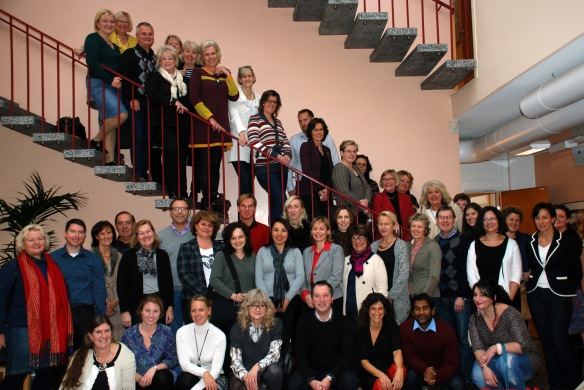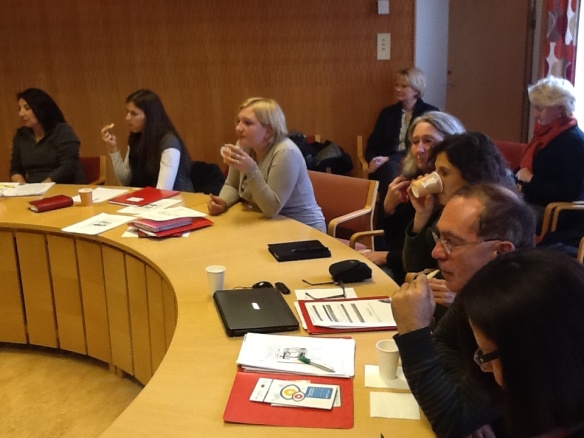My name: Christina Erenvidh
Email:christinaeren@gmail.com
My background as an international officer in Järfälla, about 20 km north west of the Swedish capital ,Stockholm has encouraged me to continue working .
I have a long experience through out
the years of working in European projects like Comenius, Lingua, ESF, 7th Framewok programme, lifelong learning, Atlas, Nordplus and Erasmus plus.
I have worked through several program periods from 1996-2016.
Recently I extended my work in my own company CEE AUTO-LEARN . I do translation, I write applications, I am a professional project manager, I also coach and lecture on process management and I speak 5 languages.
If you need my professional help, please don’t hesitate contacting me!





